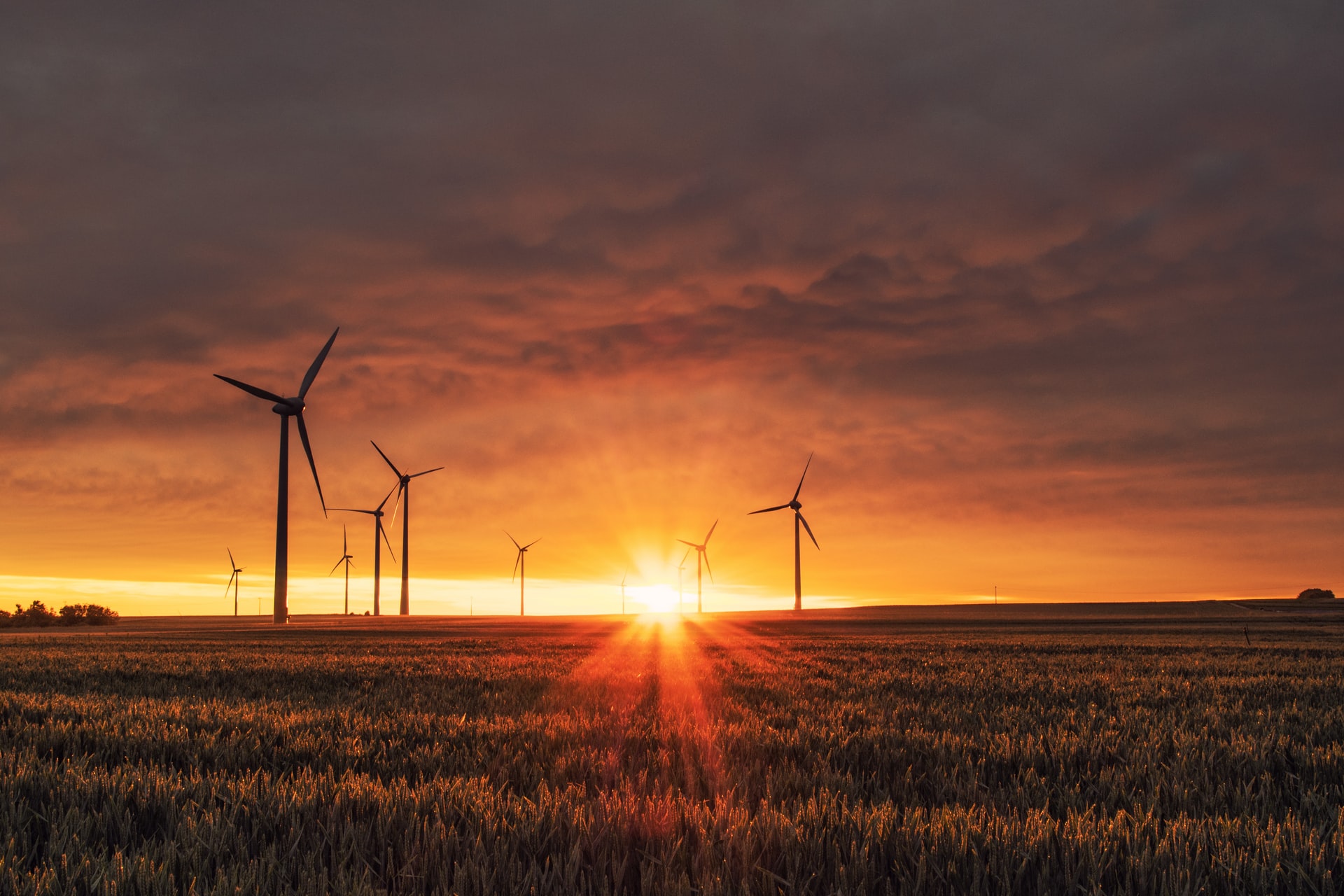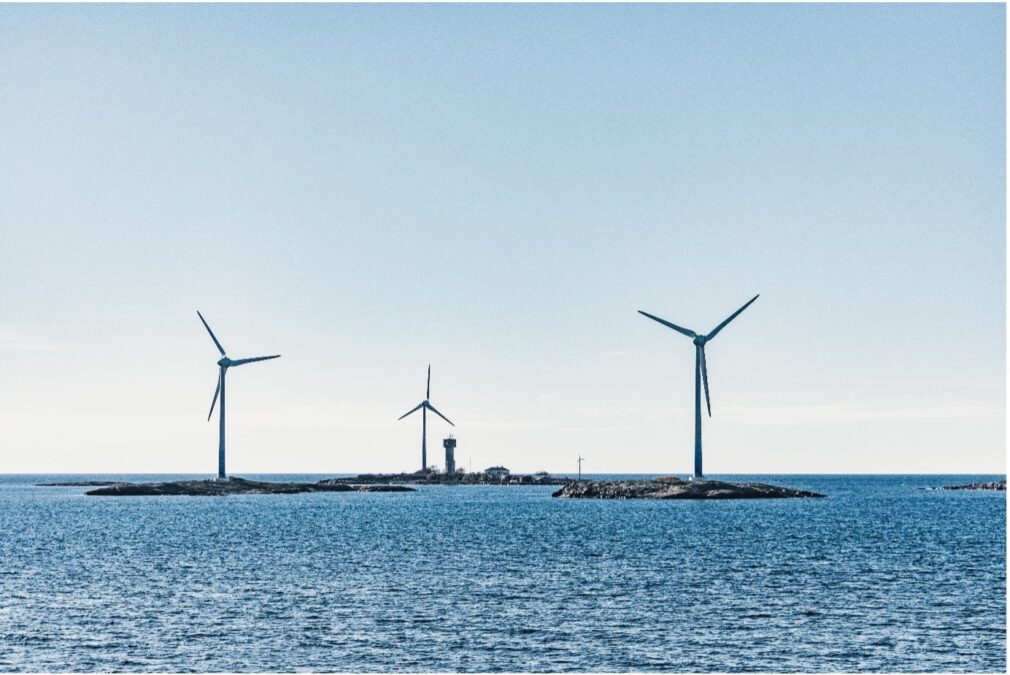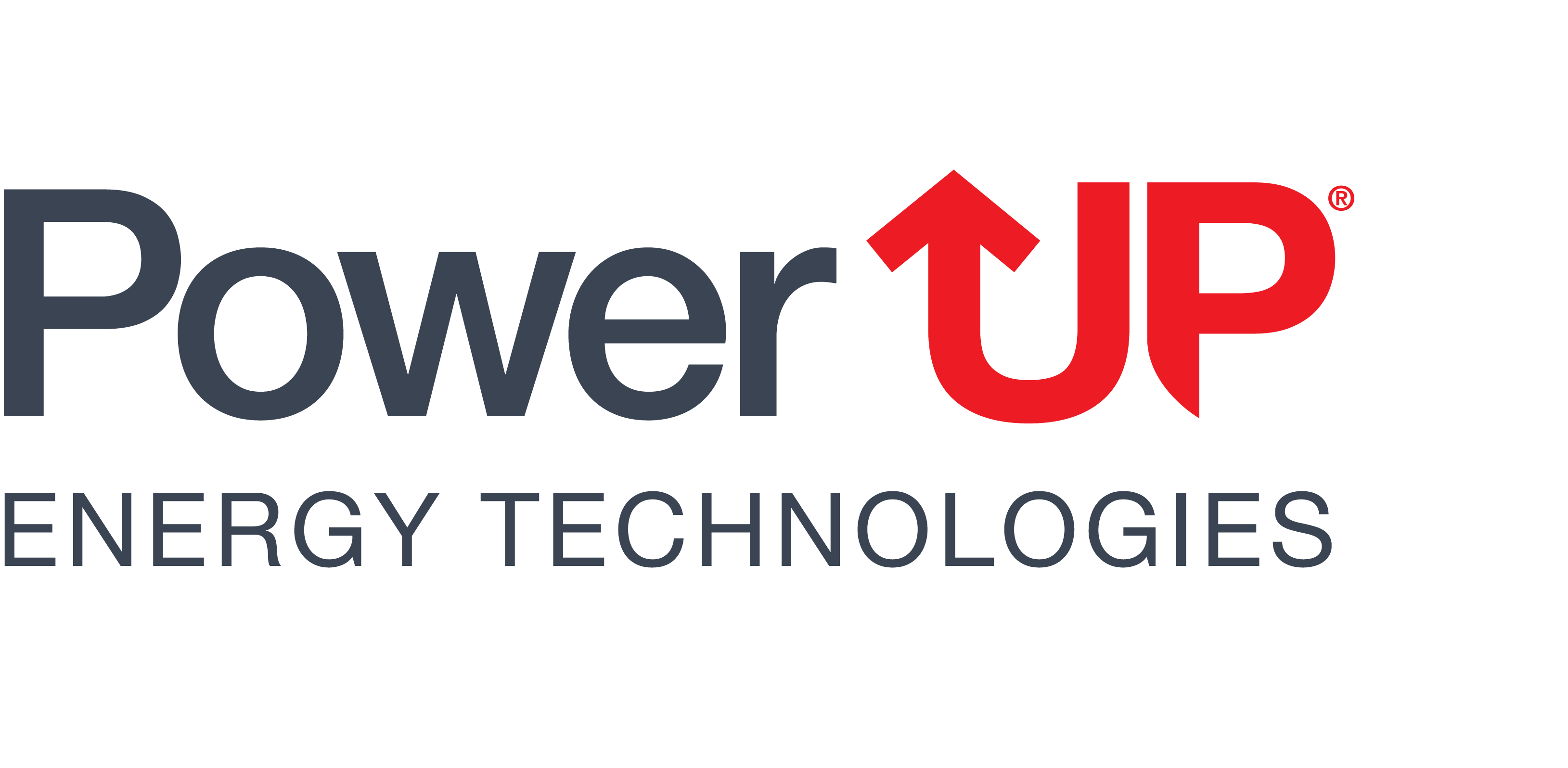
Hydrogen Megaprojects – Murchison Renewable Hydrogen Project
February 4, 2021
Hydrogen Megaprojects – Is the Asian Renewable Energy Hub leading the world’s energy transition?
February 23, 2021Hydrogen Megaprojects – AquaVentus, the future of offshore green hydrogen production

As the world edges further away from coal, oil, and gas, leading towards an energy transition, there are no points for guessing that green energy production is increasingly gaining promise as a missing piece in the push to slow global warming. With green hydrogen’s great potential for the energy industry, turbine construction as well as the transformation of the mobility and logistics sector, it is inevitable to ignore its upside.
This blog discusses the deployment of offshore wind turbines to produce offshore renewable energy in an upcoming German hydrogen megaproject – AquaVentus.
AquaVentus was announced in August 2020 and is still in its initial stages. This one-of-a-kind initiative would play a key role in meeting the climate neutrality goals of the EU and Germany by 2050. It comprises a consortium of 27 members including international companies, organizations, and research institutions. The initiative will make use of 10 GW offshore wind turbines in the North Sea to produce green hydrogen which would be transported to land via pipelines.
AquaVentus envisages producing green hydrogen at sea, with the clear vision of achieving 10 gigawatts of production capacity for green hydrogen from offshore wind energy and transporting it to land by 2035.
Due to the strong winds and proximity to the wind farms in the Dogger Bank area, the North Sea, surrounding the Island of Heligoland is the chosen starting point for the planned turbines.
German multinational energy company, RWE, is also contributing its broad expertise in renewable energies and hydrogen to the AquaVentus initiative.
It is estimated that the project could yield up to one million tonnes of green hydrogen annually.
Green hydrogen production from renewables at sea can make a significant contribution to climate change and play a key role in the decarbonization of Germany as the EU. With coming together of strong partners such as Vattenfall, Shell, E.ON, Siemens Energy, Siemens Gamesa, Vestas, Northland Power among others and connecting the value chain from production to transportation to the end consumers, this project is bound to play a pivotal role in the hydrogen economy. It is best to say that the quest for climate-friendly hydrogen production makes AquaVentus the central pillar of the hydrogen strategy.



